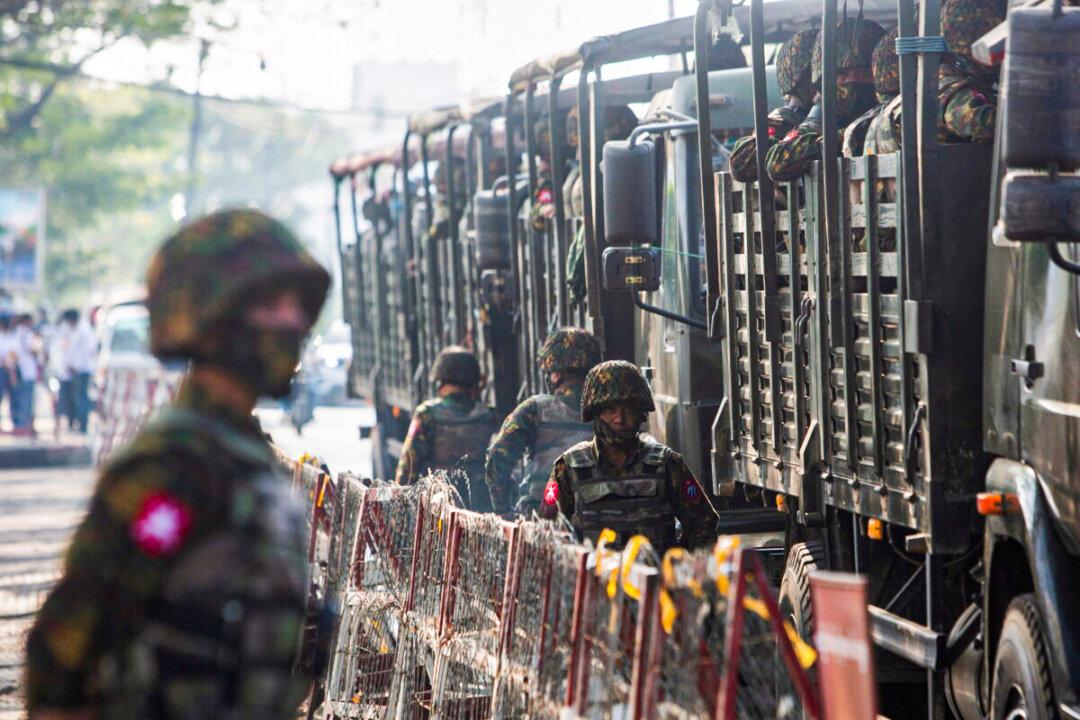The European Union on Monday issued a fresh set of sanctions targeting Burma’s high-ranking officials and entities, the EU’s sixth sanctions in the two years since the nation’s 2021 military coup that drew international condemnation.
This round of sanctions targets nine individuals and seven enterprises that the EU claims are responsible for the violence escalation and grave human rights violations in Burma, also known as Myanmar.





